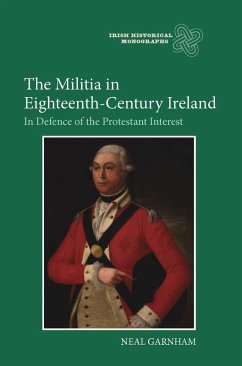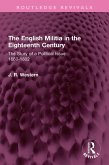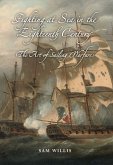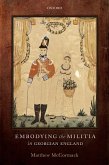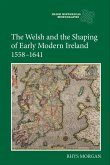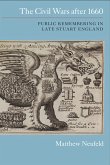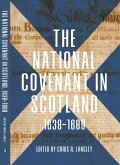Shows how the development of the militia in eighteenth century Ireland was closely bound with politics and the changing nature of the Protestant Ascendancy.
The militia in eighteenth century Ireland was a contentious issue: initially only those of a certain social and political class could participate, dissenters and catholics being excluded, and the degree of enthusiasm with which people participated was an indication of their commitment, or otherwise, to the regime. However, as this book demonstrates, the militia as an issue changed over the course of the eighteenth century, with, from about 1760, demands for the reform of the militia being a key issue spearheading demands for wider constitutional reform. The book traces the militia in Ireland from early Protestant militia forces in the sixteenth century, through formal establishmentin 1716, to demise in 1776 and re-formation in 1793. It shows how the militia played a larger role in the defence of Ireland than has hitherto been realised, and how its reliability was therefore a key point for government. It discusses how political debates about the militia reflected changing views about the nature of the Irish establishment and how these changing views were incorporated in legislation. It examines how the militia operated as an institution; considers how the militia reflected social and political divisions; and compares the militia in Ireland with similar bodies in England, Scotland and Europe more widely, relating debates about the militia in Ireland to widerdebates about whether a country is best defended by a professional soldiery or a citizen army.
NEAL GARNHAM is a Senior Lecturer in History at the University of Ulster and the author of two books and more than twenty articles published in refereed academic journals.
The militia in eighteenth century Ireland was a contentious issue: initially only those of a certain social and political class could participate, dissenters and catholics being excluded, and the degree of enthusiasm with which people participated was an indication of their commitment, or otherwise, to the regime. However, as this book demonstrates, the militia as an issue changed over the course of the eighteenth century, with, from about 1760, demands for the reform of the militia being a key issue spearheading demands for wider constitutional reform. The book traces the militia in Ireland from early Protestant militia forces in the sixteenth century, through formal establishmentin 1716, to demise in 1776 and re-formation in 1793. It shows how the militia played a larger role in the defence of Ireland than has hitherto been realised, and how its reliability was therefore a key point for government. It discusses how political debates about the militia reflected changing views about the nature of the Irish establishment and how these changing views were incorporated in legislation. It examines how the militia operated as an institution; considers how the militia reflected social and political divisions; and compares the militia in Ireland with similar bodies in England, Scotland and Europe more widely, relating debates about the militia in Ireland to widerdebates about whether a country is best defended by a professional soldiery or a citizen army.
NEAL GARNHAM is a Senior Lecturer in History at the University of Ulster and the author of two books and more than twenty articles published in refereed academic journals.
Dieser Download kann aus rechtlichen Gründen nur mit Rechnungsadresse in A, D ausgeliefert werden.

